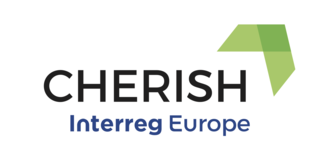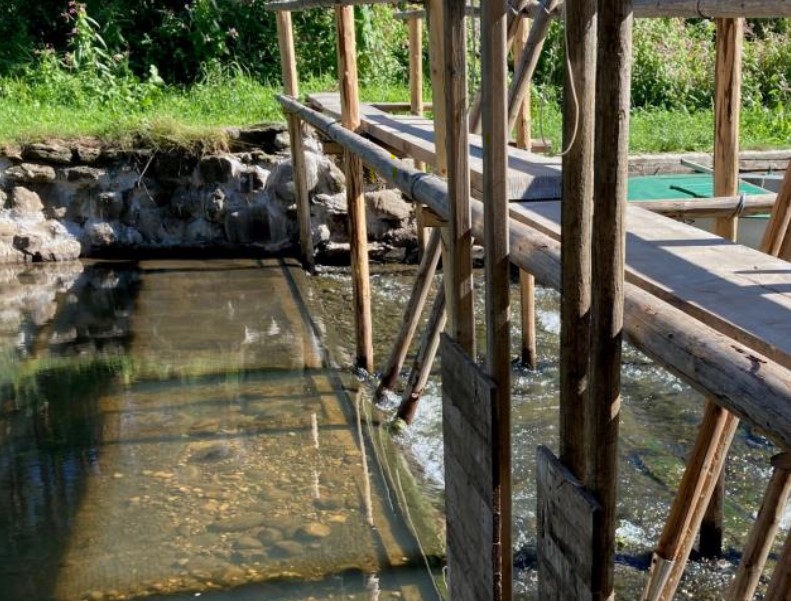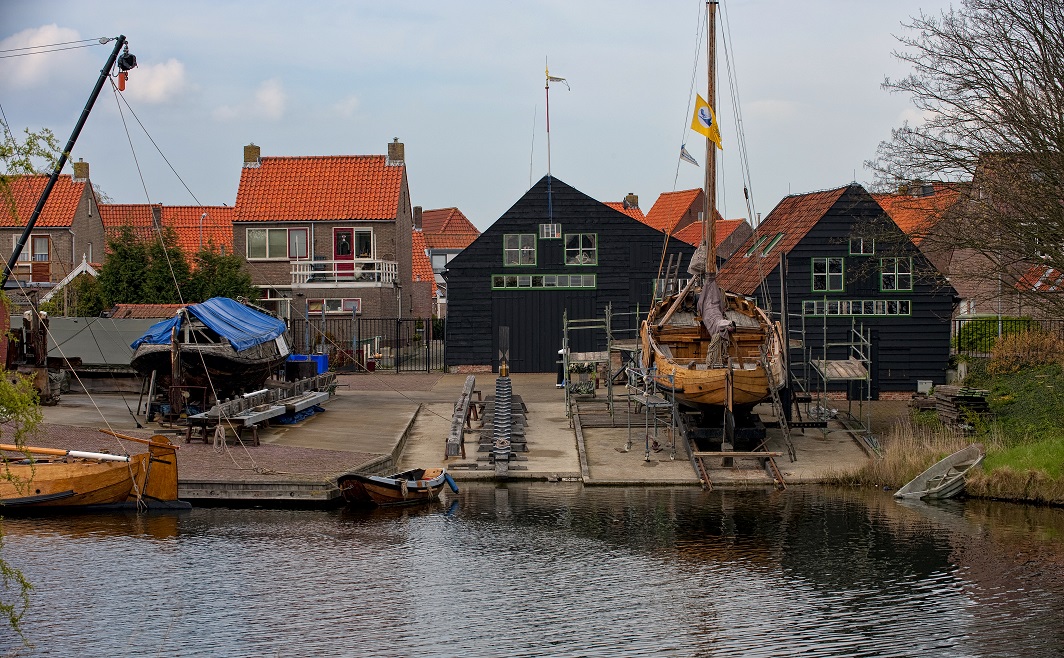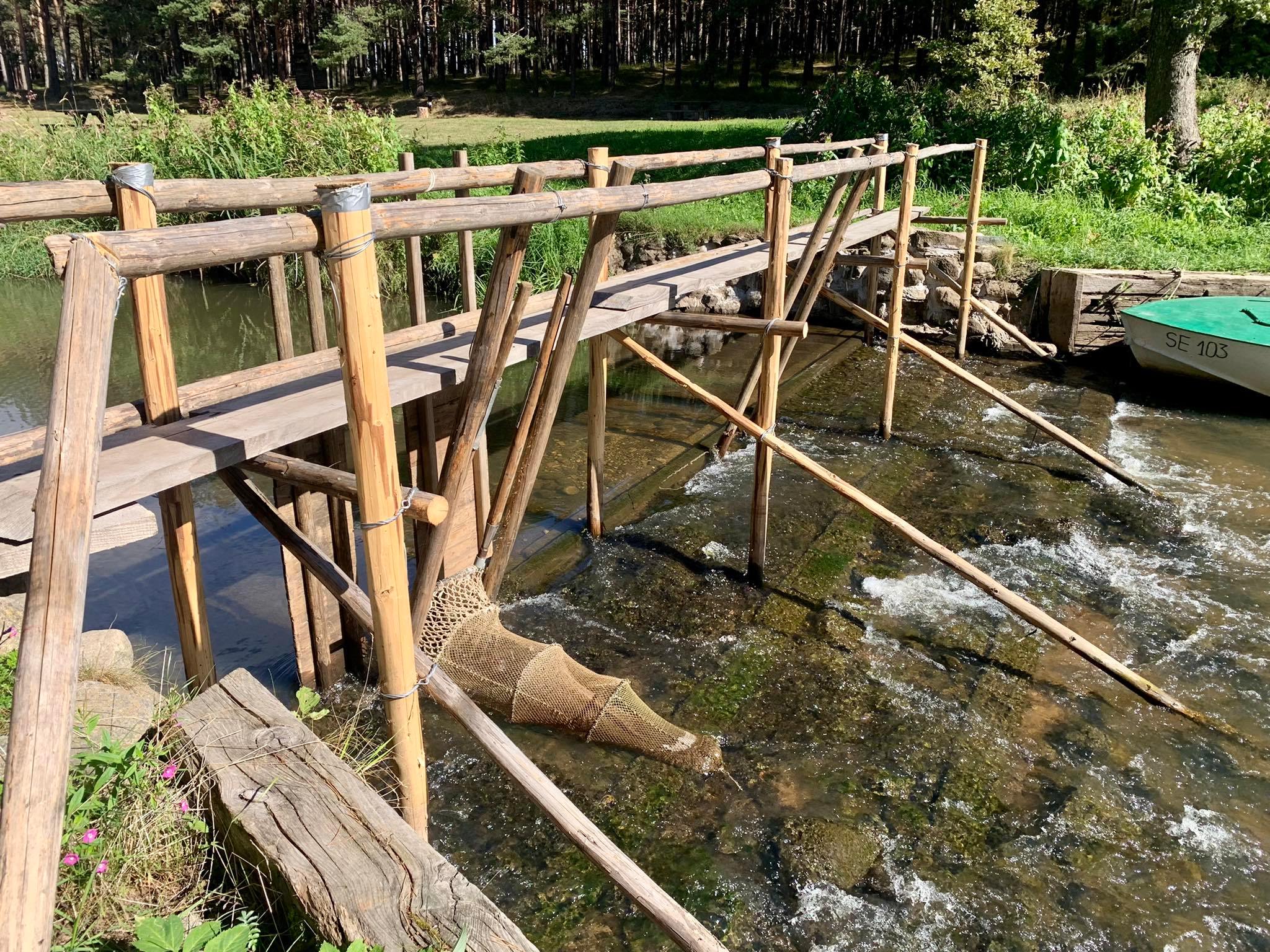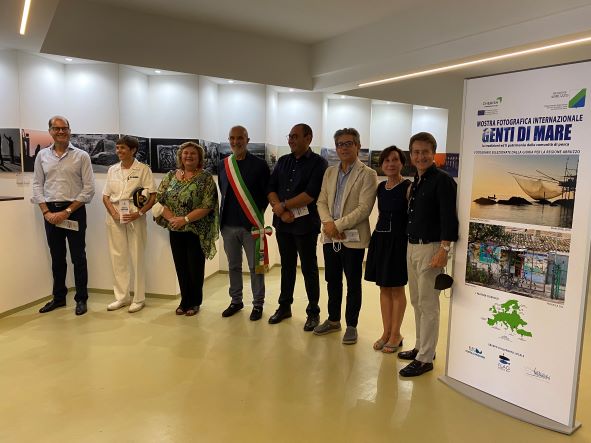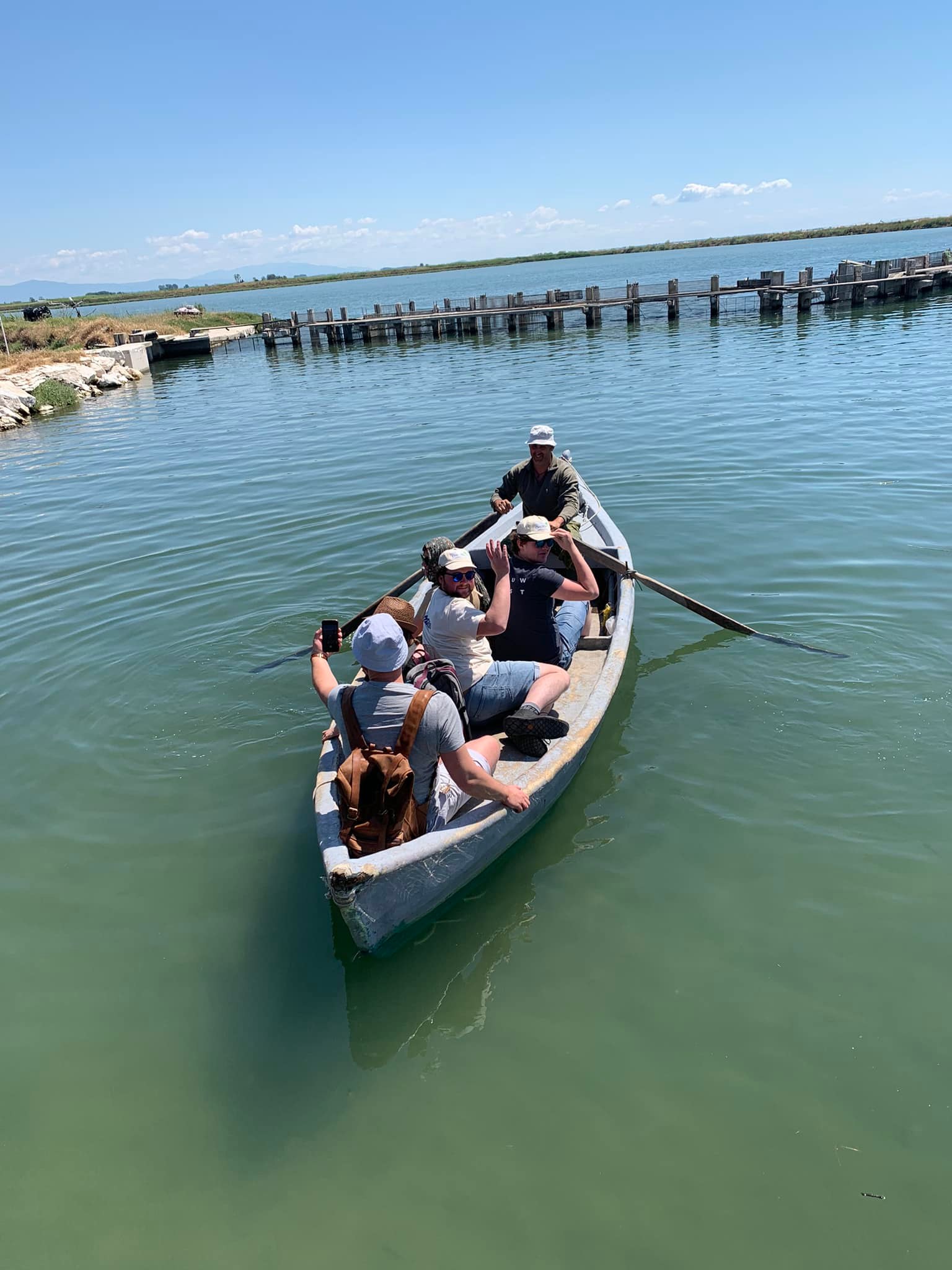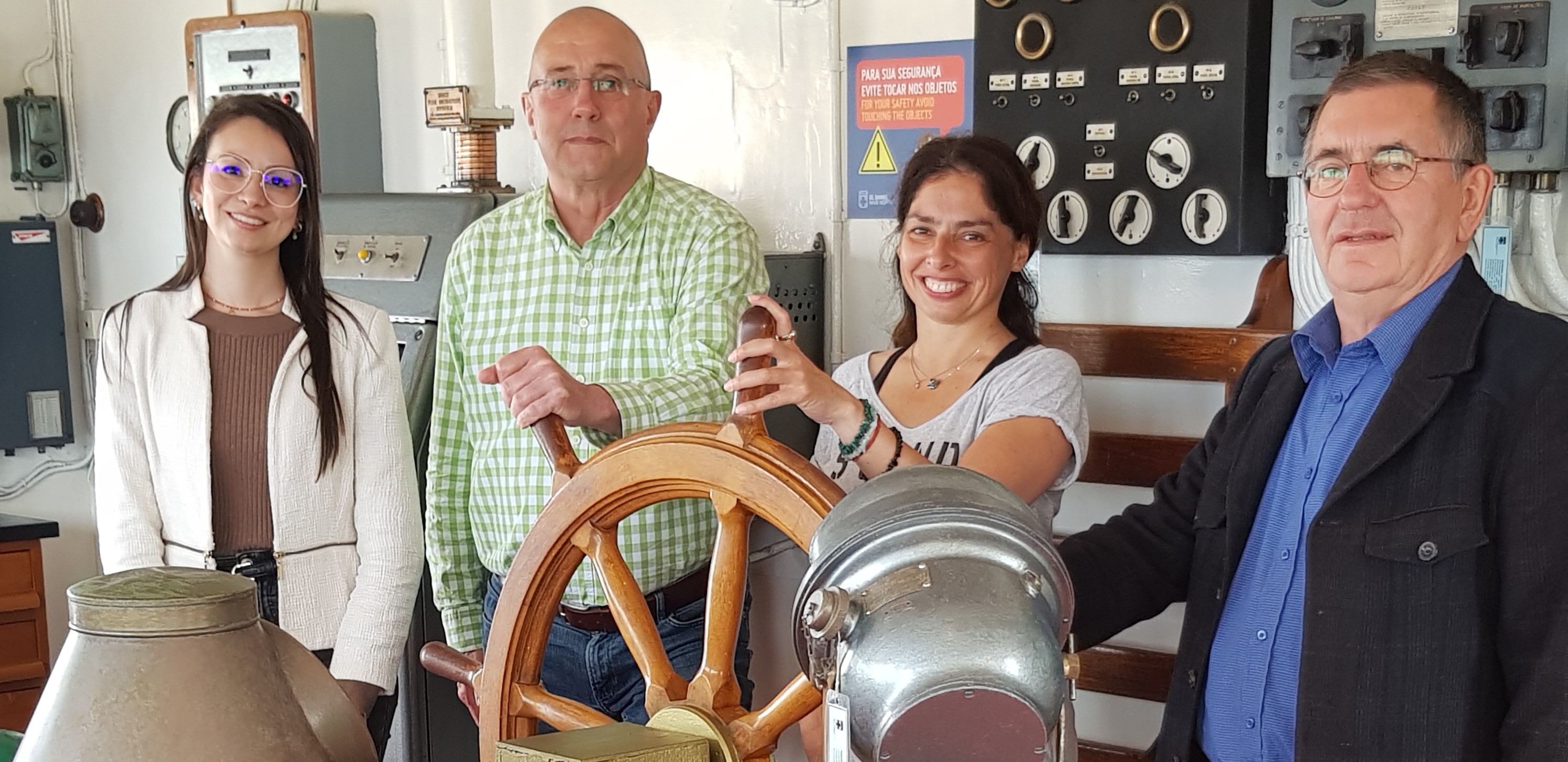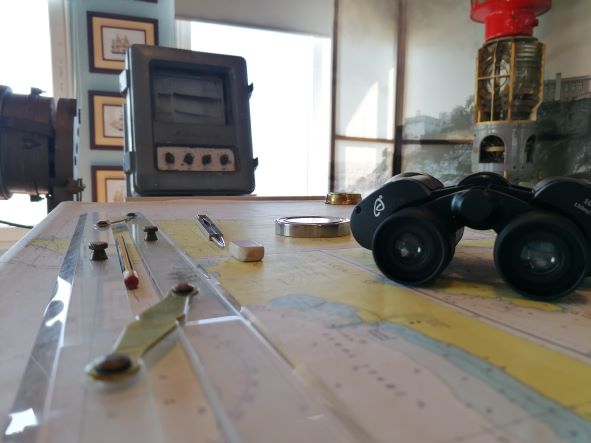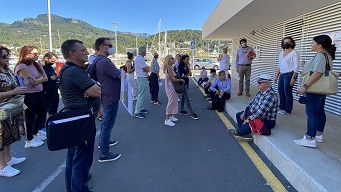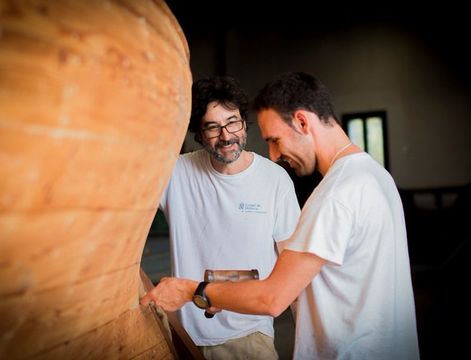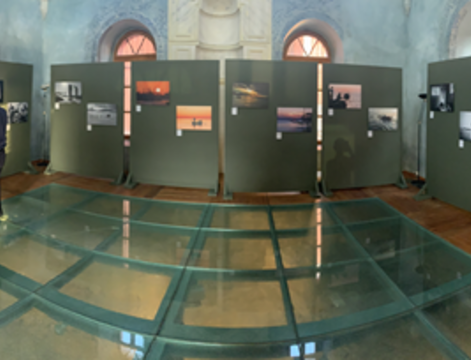During the 3-days ILEEE partners’ representatives and stakeholders from all partner regions exchanged their experiences and knowledge on cultural heritage of fishing communities and also discussed about the associated opportunities for local economic development.
The ILEEE was organized as a sensory and itinerant experience: participants were guided to the key places all around the regional coastal area where the main tangible and intangible local maritime cultural heritage can be found. Therefore, they had the opportunity to concretely “experience the territory”, exchanging experiences with protagonists of the local fishing communities and seeing first-hand the good practices illustrated.
The first two days were dedicated to site visits to present some regional good practices, such as the Museo diffuso of local fishery traditions in Pescara, the Ecomuseum of the Sea and Fishery of Martinsicuro, the Caliscendi in Giulianova and the Trabocchi and the Green Way along the Trabocchi Coast. Participants also participated to a fishing tourism experience aboard a local fishing vessel.
During the last day, partners and stakeholders summed up the ILEEE experience through peer reviewing and assessing the good practices presented: they all appreciated the way good practices have been illustrated and underlined, among the lessons learnt, the importance of involving key stakeholders capable of creating authentic local experiences as well as the opportunities deriving from “brandization” strategies, similar to those used for the Trabocchi Coast. On the other hand, they also highlighted some recommendations for the hosting region, among which:
- the need to work more closely with the fishing communities for the Trabocchi preservation in order to valorise this cultural heritage and find other economic opportunities for them then “just” catering businesses as restaurant, hotel or bar;
- the need to avoid the negative effects of “touristification”, promoting instead a niche tourism which should take into consideration a sustainable treatment of cultural assets and promote the local territory without losing authenticity;
- the need to seek more cooperation between the three different FLAGs operating within the Abruzzo coastal territory.
Abruzzo Region will sure capitalise suggestions and recommendations coming from CHERISH partners and stakeholders through a more active involvement of FLAGs for the valorisation of fishing communities’ cultural assets and also by strengthening its coordination role in this field through the involvement of other key stakeholders, such as other regional departments or coastal municipalities, as well as the adoption of a bottom-up approach.

